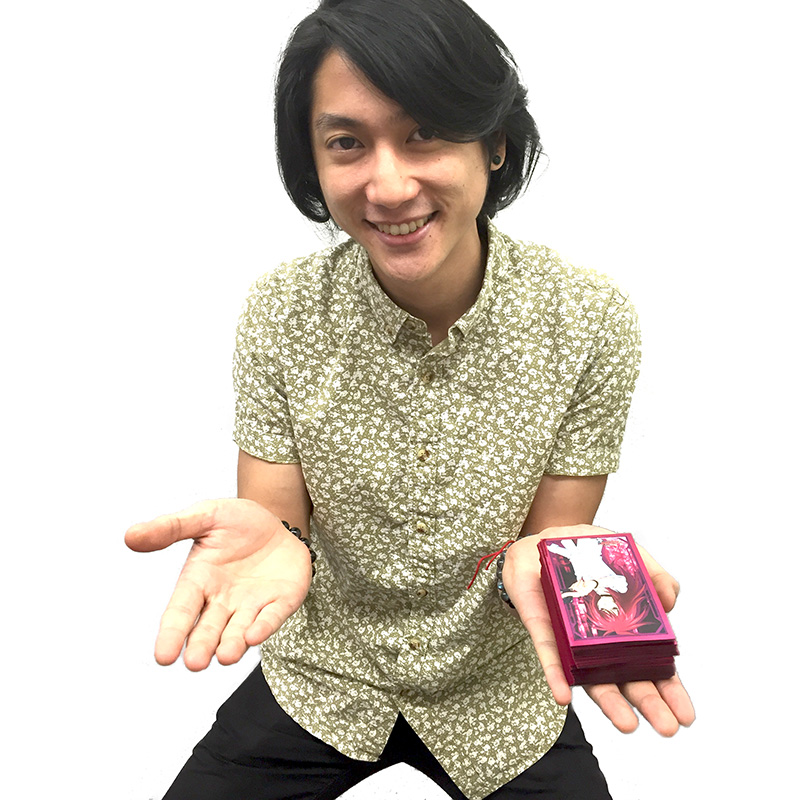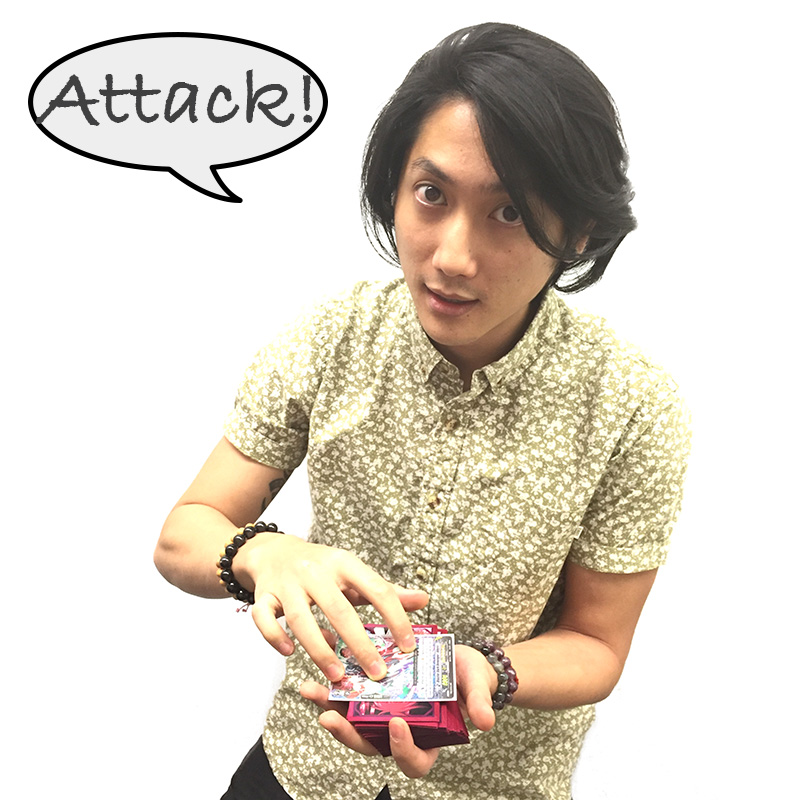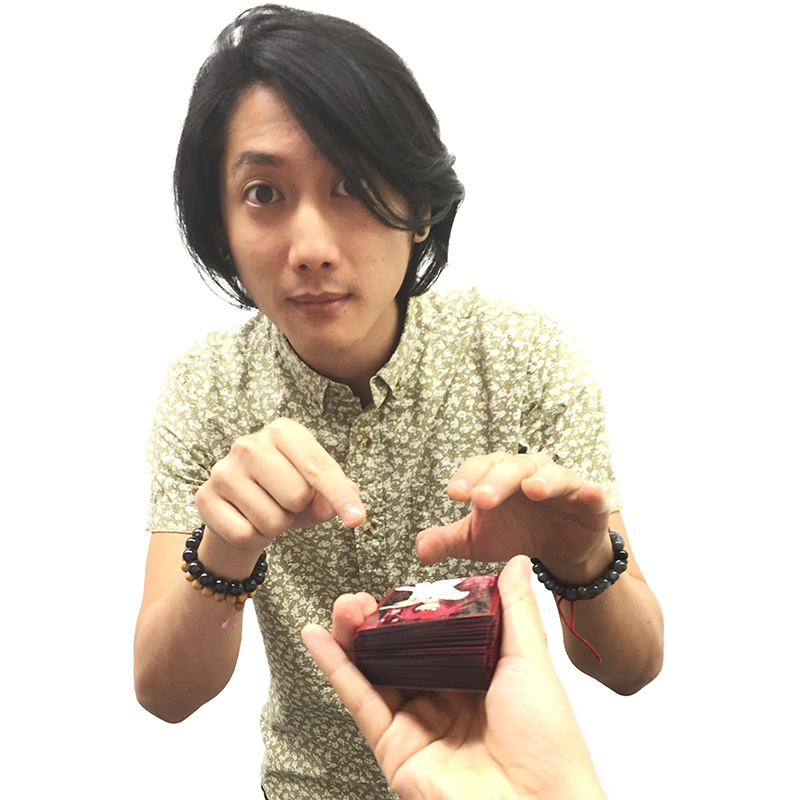As shops are where many tournaments take place, it will be good to keep in mind some of the dos and don’ts to observe when your players are participating in tournaments.
No matter the sport, no matter the game, there is a code of ethics and sportsmanship that dictates a set of behaviors so that everyone can enjoy a clean, fair fight.
Trading card games are no different. Players will not want to be treated with disrespect by their opponent, so they themselves should not be disrespectful! The golden rule “one should treat others as one would like others to treat oneself” handily sums up the overall approach everyone should take, but here are some pointers and tips you can let your players know when enjoying their favorite trading card games.
1. Greet one another!

Start the game on the right foot! Players should say their hellos, introduce themselves, make some small talk and keep it friendly!
This will help both parties maintain a positive energy for the rest of the match, regardless of the outcome.
2. Players can offer their deck to their opponent to cut or shuffle before the start of the game!

This is a basic act of courtesy – players should allow their opponents to shuffle their deck as it gives the opponent a chance to ensure that the other parties’ deck is sufficiently randomized. It also gives opponents a peace of mind by allaying fears of deck manipulation! If the player is not comfortable with their opponent shuffling their deck, ask them to cut the deck instead. Both players can also ask for a judge to shuffle the deck for them!
Players should be careful when shuffling their opponent’s deck, so as to avoid damaging their cards or their sleeves! If they do end up damaging their cards or sleeves, offer to replace them. That’s the honorable, gentlemanly/ladylike thing to do.
3. Players should announce all actions to their opponent!

Never assume that an opponent understands all the effects, or what another player is doing on their turn. When effects are used during main phases, players should declare its use clearly, then explain its effect if they need to! An honorable player employs no sneak attacks!
Declaring each phase as it begins is a must for a player as it makes sure both player and opponent are on the same page! Players should announce the end of their turns clearly too, so their opponent can take his turn without wasting any time.
4. Always ask for permission before touching an opponent’s cards!

An opponent’s deck is, after all, his belongings, and one does not touch another person’s belongings without their permission. If a player wants to check any of his/her opponent’s cards in a public zone, remember to ask first, and wait for the opponent to offer those cards to them, from one gentleman or lady to another.
Remember, players can only check cards that are in public zones!
5. Do not make unnecessary noise, or distract an opponent! If it is a major tournament, communication with any spectators in the vicinity is not allowed.

Everyone needs to think before they make their moves, and some moves are more complex than others! Players should allow their opponent the quiet time to think, and avoid making noises by flicking their cards, or needlessly shuffling the cards in their hand.
If there are spectators watching, players ought to refrain from any form of communication with them! This not only distracts the opponent, it is also against the rules! Depending on the level of tournament, the player could be awarded a match loss for doing so.
6. Offer a handshake at the end of a match!

After a fierce and honorable match, the player should offer his/her opponent a handshake regardless of the outcome, and commend him or her with a simple, “Good game!” for a battle well fought.
One last thing to take away is the importance of players knowing their rights – let your players know that if they meet any dishonest or rude players, to inform a judge or official so that the judges can keep an eye on them.
We hope that this Tournament Etiquette is useful to help you organize smooth and fun-filled events at your shop.
To access more materials that support Tournament Operations, go back to Guide for Retailers.





